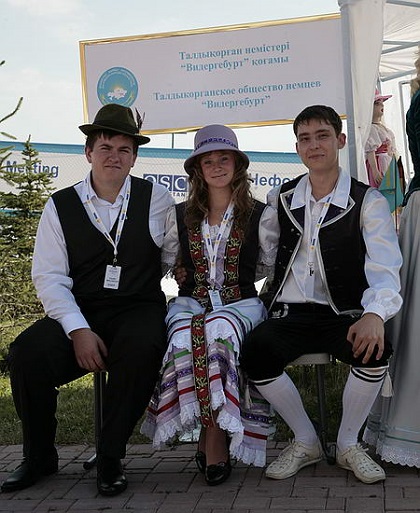
With the gradual opening of the Soviet empire in the 1980s, the numbers of ethnic Germans coming to West Germany swelled. In the mid-1980s, about 40,000 came each year. In 1987 the number doubled and in 1988 doubled again. In 1990 nearly 400,000 ethnic Germans came to the Federal Republic. In the 1991-93 period, about 400,000 ethnic Germans settled in Germany. Since January 1993, immigration of ethnic Germans has been limited to 220,000 per year.
Because this influx could no longer be managed, especially because of the vast expense of unification, restrictions on the right of ethnic Germans to return to Germany became effective in January 1991. Under the new restrictions, once in Germany ethnic Germans are assigned to certain areas. If they leave these areas, they lose many of their benefits and are treated as if they were foreigners. The government has also established programs to encourage the estimated several million ethnic Germans who still live in the former Soviet Union and Eastern Europe to remain there. Although ethnic Germans are entitled to German citizenship by virtue of their bloodlines, to many Germans they do not seem German, and their social integration has frequently been difficult.
Related articles:
The German Diaspora: Where to Find German Culture Worldwide
The History of German Emigration to America & Their Influence
Germany’s Best-Kept Secret: The Culture and Traditions of the Sorbs
German Population
Immigration In Germany
Foreigners In Germany
